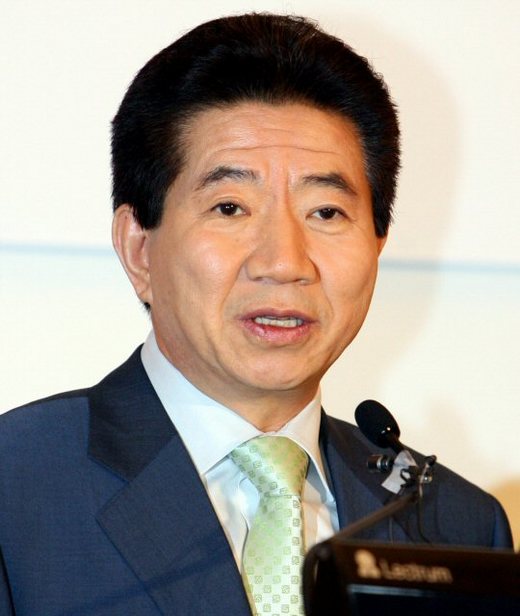 |
In a way, the president has a point. The problem, however, continues to be the president’s attitude and his understanding of the current political situation. These form the background to what he says, and this is a problem, because his thinking is still out of touch with the people. The president’s duties are infinite in his capacity as the chief executive for affairs of the state. One should not need to quote a survey taken after the elections, which shows about half of the country thinks the responsibility for the election defeat lies with the president. It is critical right now that President Roh first reflects on why the public has abandoned him and what he has done wrong. He might be right when he says, "The way government is run is more important that winning or losing," or "Let’s look toward the long term." But when he puts things that way, it seems like his statements are full of arrogance and self-righteousness, when he should not be saying such things at all, especially before the ink on the election ballots has even dried. It is also not right for the president to be comforting his staff in the wake of the election outcome. His main priority should be healing the anger of the country’s people, and that is why leaders need warm moral character before they need sharp judgment. The reason the words of the president-- "That doesn’t matter to me"--spread so quickly was because his speech seemed to the public like yet another display of this administration’s chronic inexperience and confusion. Before blaming others, the president needs to take a closer look at his own administration. President Roh also needs to look back on his major policies, based on what the public thinks of them as expressed in the elections. He needs to review, in detail, policies relating to social justice such as socioeconomic disparity. If, as he says, the basic tone of his administration’s policy is going to continue and only minor adjustments are going to be made, then he needs to make those adjustments now. Such moves would not be called a retreat. The same goes for the proposed free trade agreement (FTA) with the United States. Such an agreement, if signed, would shake the country at its foundations, so before pursuing something of that nature there needs to be a detailed examination and open verification of what is being proposed. However, the proposed FTA with the U.S. has not undergone such a process. The president did not even seek the bare minimum of a consensus. More important for him than what he says, it seems, is that there is verification of what he is saying.





